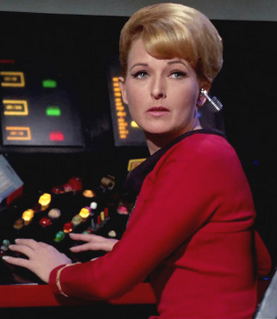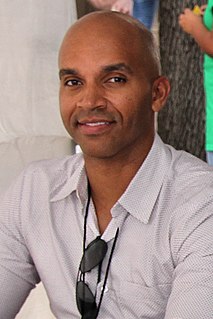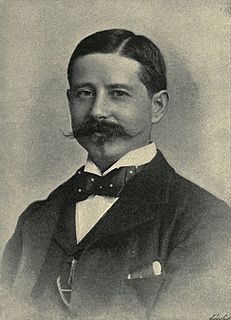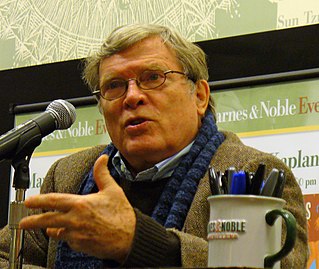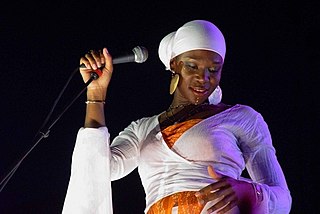A Quote by Leila Janah
Migration is the story of my life: my parents and grandparents journeyed across four continents to flee war and find jobs, eventually finding their way to the U.S.
Related Quotes
If you apologize to me, I look at it as an insult because my parents, my grandparents, my great-grandparents, like every other culture out there, did exactly what they needed to do. They worked hard, and they became part of the American way, and they earned the respect of Americans across the board. We need to do the same.
The presence of a grandparent confirms that parents were, indeed, little once, too, and that people who are little can grow to be big, can become parents, and one day even have grandchildren of their own. So often we think of grandparents as belonging to the past; but in this important way, grandparents, for young children, belong to the future.
Much of the message that I try to put across to students is that they have to figure out what they really like to do and find a way to do that as an adult for their jobs. A lot of people have jobs they don't like, and it makes for very unhappy people. So I tell them if you like to write, or run around, or dig in the dirt, then find a job that will allow you to do that, and you'll be happy.
You have to look at the reality in Syria. Whenever we liberate any city or village from the terrorists, the civilians will go back to the city, while they flee that city when the terrorists attack that area, the opposite. So, they flee, first of all, the war itself; they flee the area under the control of the terrorists, they flee the difficult situation because of the embargo by the West on Syria.
I like traveling and I like not being part of the film world. Especially when you're in the middle of a junket, you're thinking, "I'm not doing this again for four years!"That's about taking time and finding the right story and being in a happy place in life where you can joyfully tell a story. I'm not really into the fame side of things, so I'm very happy with making a film every four years or so.
Many people, they flee not the war itself, but the consequences of the war, because they want to live, they want to have the basic needs for their livelihood, they don't have it. They have to flee these circumstances, not necessarily the security situation itself. So, you have different reasons for the people or the refugees to leave Syria.
When you're editing, you're putting it together in a way that makes sense metaphysically. You're not inventing it, but you're finding the story that's there. You're making a play that's eventually going to go on stage and present itself to an audience. You want to show what happened, not exactly what you have evidence of happening.




